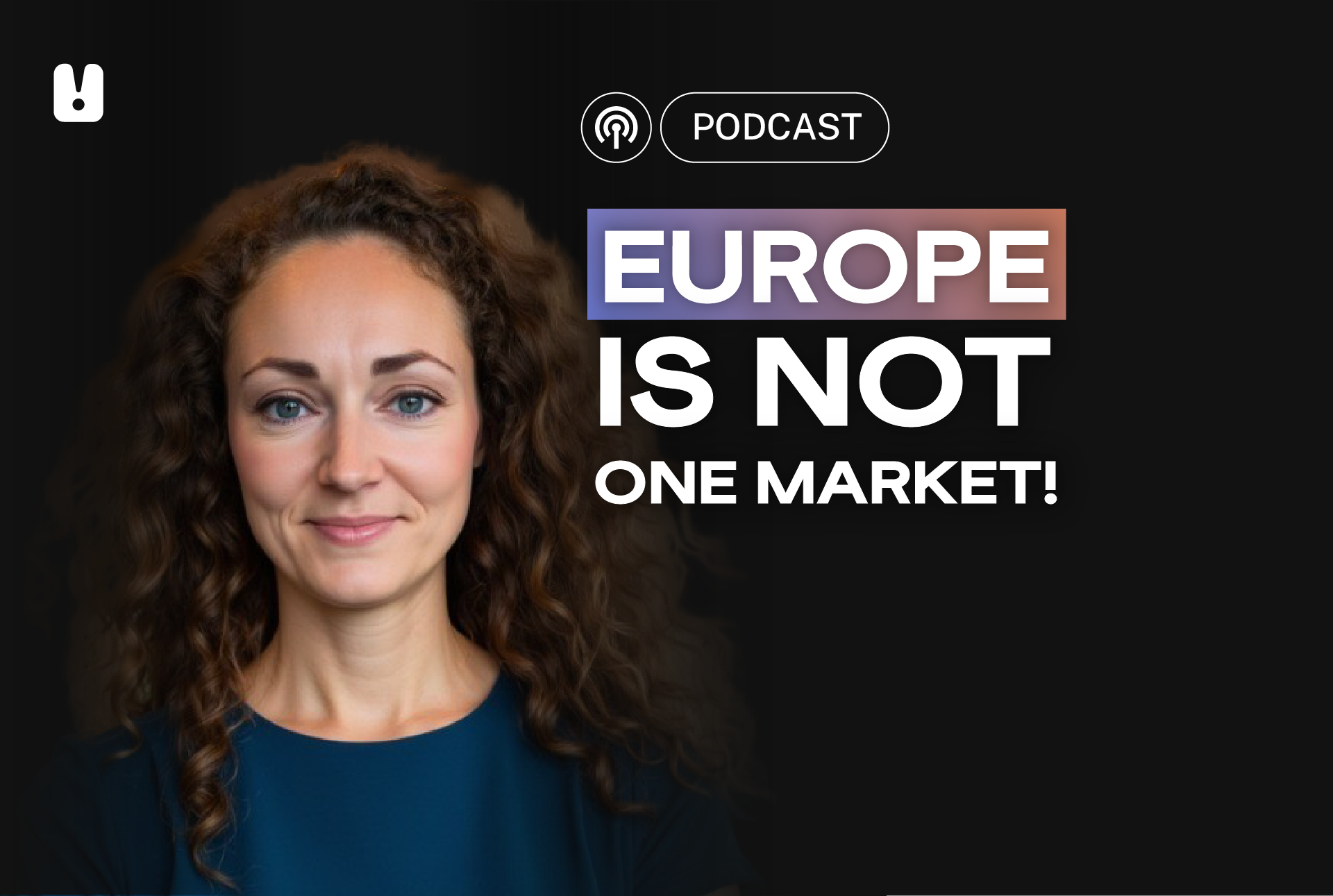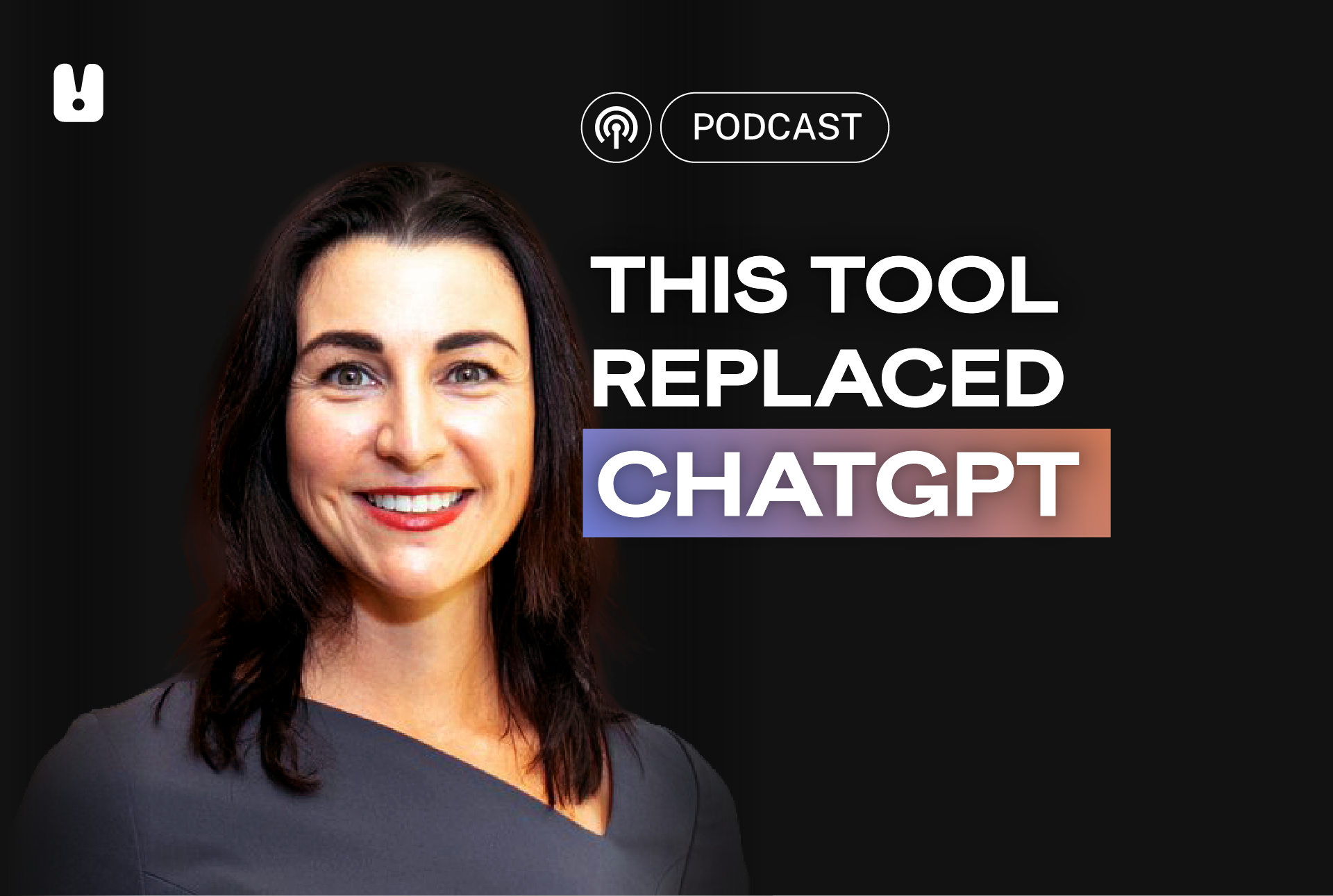
How Internal Champions Accelerate Sales Cycles
[blog_at_glance]
I've been in sales for over a decade, and let me tell you - there's one thing that separates deals that fly through the pipeline from those that get stuck in procurement purgatory: a strong internal champion.
Last month, I watched two nearly identical deals unfold. Same product, similar company size, comparable budget. The first closed in 38 days. The second? Still lingering in "decision pending" limbo after 90+ days.
The difference? Champion power.
Table of contents
- What Makes a True Champion
- The Network Effect Explained
- Finding Your Champion
- The Champion Network
- Measuring Champion Impact
- Where Most Sales Teams Go Wrong
- Final Thoughts
What Makes a True Champion
That friendly contact who "loves what you do" but can't actually move the needle? That's not a champion. That's what I call a "professional meeting attender." (We've all been there, pinning our hopes on someone who turns out to have the organisational influence of a potted plant.)
A true champion is someone who:
- Has genuine enthusiasm for your solution (they can see how it solves THEIR problems)
- Possesses actual influence within their organisation
- Has skin in the game - your success is their success
As sales legend David Sandler brutally put it: "If you don't have a champion, you don't have a deal."
I learned this the hard way back in 2019. I spent three months courting what I thought was a power player at a financial services firm. Turns out, he was just really good at scheduling Zoom calls. The deal died when the actual decision-maker (who I'd never even spoken to) chose a competitor.
The Network Effect Explained
The "network effect" isn't just some fancy business school term. In sales, it means your proposal gains momentum as more people within the prospect's organisation start advocating for it.
Think of it like this: One person saying "we should buy this" is a suggestion. Five people from different departments saying it becomes a movement.
With enterprise sales now involving an average of 7 stakeholders per deal (yes, SEVEN - it's insanity out there), champions help by:
- Getting you access to the decision-makers you'd never reach on your own
- Translating your value proposition for different departments (IT hears one thing, Finance needs to hear something else)
- Continuing to sell when you're not in the room
- Recruiting other advocates

Finding Your Champion
Here's where most sales advice falls flat. They tell you to target the highest-ranking person possible. But in my experience, champions often come from unexpected places.
Look for people who:
- Are actual end users who will directly benefit (not just managers)
- Have been with the company long enough to know how decisions really get made (those 15+ year veterans who know where all the bodies are buried)
- Show genuine curiosity and interest in innovation
- Seem frustrated with the status quo (these are your people!)
I once closed a deal where my champion was a mid-level operations analyst. Why was she so effective? Because she'd been there 12 years, everyone trusted her judgment, and she was fed up with their existing solution.
Empowering Your Champion
Finding a champion is just the beginning. You need to arm them for the internal battles they'll fight on your behalf.
Provide them with:
- Killer content they can share internally (make it something their colleagues will actually read)
- Custom ROI calculators specific to their situation (nothing persuades like cold, hard numbers)
- Presentation slides they can customise (because they know their audience better than you do)
- The "pre-posal" technique where you build the proposal together (I've seen this technique slash procurement time by 40%)
The Champion Network
For complex sales, don't put all your eggs in one champion basket. Build a network.
A VP at one of our clients recently shared: "We thought we had a done deal until our champion got reassigned. The whole thing nearly collapsed until we realised we'd been building relationships with multiple stakeholders."
Smart sales teams:
- Define different roles for different champions (the Financial Validator, the Technical Authority, the End-User Advocate)
- Create frameworks for champions to recruit others
- Measure champion engagement with specific metrics
- Recognise and reward champion efforts (ethically, of course - I'm not suggesting bribery, people)
Measuring Champion Impact
At Punch!, we've seen definitively that championed deals close 2-3x more frequently than unchampioned opportunities. But that's not the only metric worth tracking:
- Sales cycle length (championed deals are typically 35% faster)
- Win rates (obvious, but crucial)
- Quality of opportunities (champions often identify better-fit prospects)
- Adoption rates post-sale (champions become internal trainers)
Our recent data analysis revealed something game-changing: deals with strong champions consistently encounter dramatically less procurement friction. That's not just faster deals - it's significantly less headache. (And seriously, show me one sales rep who doesn't want fewer procurement nightmares in their life.)

Where Most Sales Teams Go Wrong
Most sales teams fool themselves into thinking they've built champions, when all they've really done is find people who smile and nod during demos.
Common mistakes I see everywhere:
- Mistaking positivity for influence (that super-enthusiastic contact might have zero pull)
- Not equipping champions with the right tools (expecting them to figure it out)
- Abandoning champions after the sale (killing your best source of referrals)
- Failing to create champion networks (putting all your eggs in one basket)
Final Thoughts: Champions as Competitive Advantage
Having better technology or even better pricing isn't enough. What separates winning companies is their ability to build and nurture champion networks.
As Jill Konrath puts it: "The most successful salespeople don't just sell products. They create internal movements."
When I look back at our most successful quarters at Punch!, the pattern is clear - our win rates skyrocketed when we got serious about champion development. It wasn't a nice-to-have strategy; it became our primary competitive advantage.
So ask yourself: are you just collecting contacts, or are you deliberately building champions? Because in today's complex buying environment, the latter is the difference between hitting your targets and missing them by miles.


Continue reading
Subscribe to Punch! newsletter
A monthly dose of Sales Intelligence, delivered straight to your inbox






